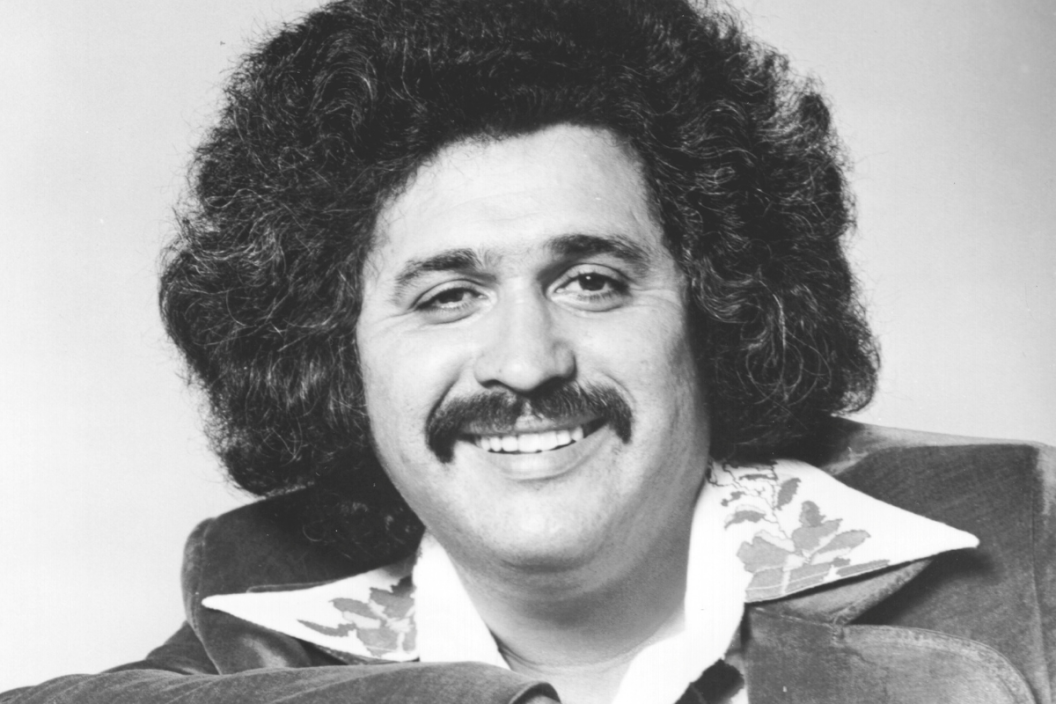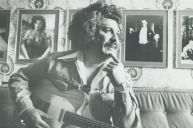Every country musician wants to make their mark on the industry in a way that best encompasses who they genuinely are. Johnny Cash has "Folsom Prison Blues," Willie Nelson has "Always on My Mind," George Strait has "Amarillo by Morning," and with a rising swell of piano that leads to a pregnant pause of silence that makes you focus on the clear sound of his voice as he sings, Freddy Fender has "Wasted Days and Wasted Nights." It's his most recognized song throughout the world and one of many he created over a career that spanned six and a half decades and impacted a genre forever.
Videos by Wide Open Country
Freddy Fender's story begins in a small cluster of towns in Texas by the U.S./Mexican border known as the Rio Grande Valley. In the town of San Benito, Texas, is where we would find Baldemar Huerta, the man who would later be known as Freddy Fender. Baldemar grew up in a Mexican-American household and as a child worked alongside his family of migrant workers, who survived off the grueling work across the United States, going from farm to farm to pick the fruits, vegetables and other crops that the average American enjoyed eating in their homes. From the ages of eight to ten years old his interest in music would allow him to compete in singing competitions and play in bars at the different cities they visited while working to earn a little extra money. In 1953, at the age of sixteen, he enlisted in the Marine Corps and made a point during his off time to play the guitar and learn the rock n' roll tunes of the time by artists like Ray Charles and Elvis Presley.
In 1956, separated from the Marines and back in the states, he launched his musical career in earnest, landing a recording contract in 1957 with Falcon Records where he went by the name "El Bebop Kid (The Bebop Kid)." Baldemar Huerta released two songs in 1957 "Ay Amor" and a Spanish version of the Elvis Presley song "Don't Be Cruel'/'No Seas Cruel." The latter tune would hit No. 1 on the Latin American charts (Mexico and South America), and would make him the first Hispanic rock n' roller for Latin America; during the same time that Ritchie Valens was making his mark as the first Hispanic rock n' roller in the United States. The irony is palpable now, as Huerta's time as El Bebop Kid has been all but forgotten regardless of his success and many singers of Rock en Español, then and now, credit Valens as their inspiration due to his perceived status as being the first Mexican rock n' roll performer.
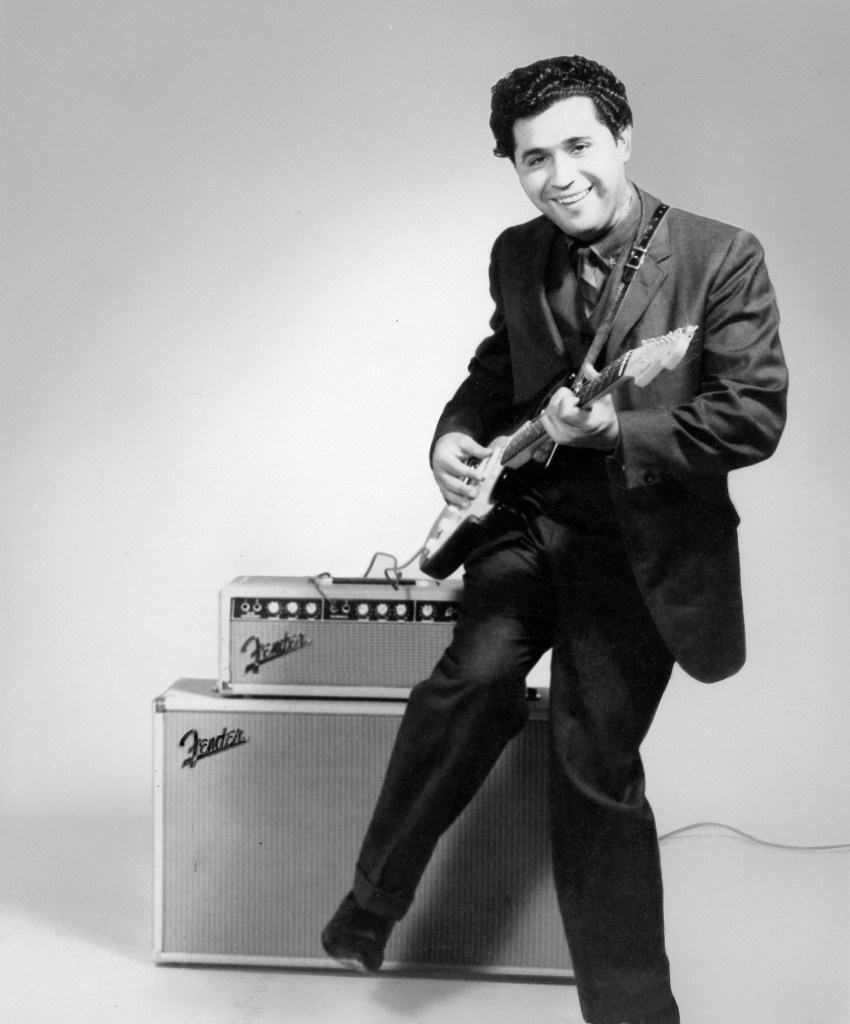
Photo by Michael Ochs Archives/Getty Images
This is perhaps why "El Bebop Kid" was short-lived, because despite charting overseas for Spanish-speaking audiences, Baldemar Huerta wanted to sing music in English in his home country. After his experience in the Latin American market, and the example and success that Valens had forged, he knew that if he wanted to 'blend in' to an American audience he'd have to change his name and his look. The practice of changing an ethnic name to a more "American" sounding name was common practice in the entertainment industry at the time. It sadly is a practice that hasn't completely disappeared even today, but it was due to this that in 1959, Baldmer Huerta legally changed his name and Freddy Fender was born.
In 1960, he wrote and recorded a single initially titled "Lonely Days and Lonely Nights" while living in a little makeshift room in a bar in Harlingen, Texas. This track would be shelved for a time after he was arrested soon after for possession of marijuana while driving through Baton Rouge, Louisiana; after a performance in one of the bars there. While in jail, he would be given special permission to record an album from his cell. All recording equipment and instruments were sent to him to make this record happen. Johnny Cash may have recorded an album from inside a state prison before Fender, but there is something to be said for the fact that Cash was able to leave when he was done.
Three and a half years into his five year sentence he was given an early release by Governor Jimmie Davis, himself known for both his songwriting and singing in country and gospel music and inducted into the Country Music Hall of Fame in 1972. Following his early release, Fender would face a challenge that was perhaps, for him, even greater than incarceration. His entire life, Fender grew up as a man playing and performing music as an integral part of his life. He claimed he was told that one of the conditions of his parole was that he stay away from music entirely, while at other times said it was merely to not be near any establishments that served alcohol. The outcome was the same; it put a stop to the one thing he enjoyed more than anything in his life. In today's environment the crime he was charged with, as well as the conditions of his parole, would be considered untenable, but at the time, it was considered normal. So the song "Lonely Days and Lonely Nights," as well as his album recorded in prison would spend 11 years waiting before ever seeing the light of day.
In 1971, Freddy would return to music and "Lonely Days and Lonely Nights" would turn into "Wasted Days and Wasted Nights." He would continue to write music and record until the release of "Before The Next Teardrop Falls" in 1974. This album changed everything for Freddy Fender. It was a hit for both country and pop stations and could be considered the crossover of all crossovers for a Hispanic (Mexican-American) artist for that time. From that record alone the following tracks charted:
- "Before The Next Teardrop Falls"
- "Wasted Days And Wasted Nights"
- "The Wild Side Of Life"
The accolades he received for the record included winning Single of the year at the 1975 Country Music Association Awards, charting at No. 20 on Billboard, Amusement & Music Operators Association (AMOA) Jukebox Awards for highest earning songs played on a jukebox, and being nominated for the 1975 Grammy Awards. This is just naming a few of his personal accolades in 1974 and 1975, as he would return to, and win, multiple awards both alone and as part of groups like the Texas Tornados and Los Super Seven. Freddy Fender was no one-hit wonder. From 1975 to 1983, he would release fifteen more albums with at least twenty one songs charting successfully during that time, many featuring lyrics in English and Spanish, that would mould the history of country music. Throughout his career Freddy Fender would have his music covered by Loretta Lynn, Dolly Parton, LeAnn Rimes and many other notable names in country and in pop.
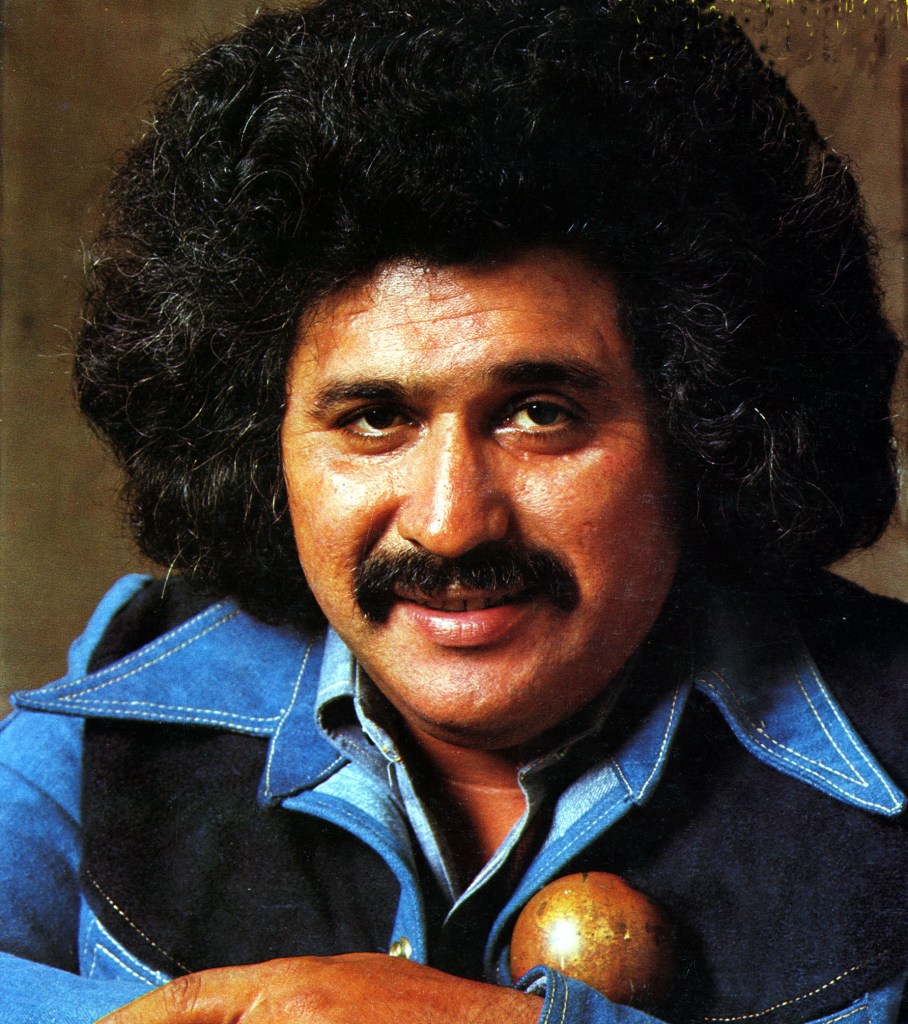
Photo by GAB Archive/Redferns
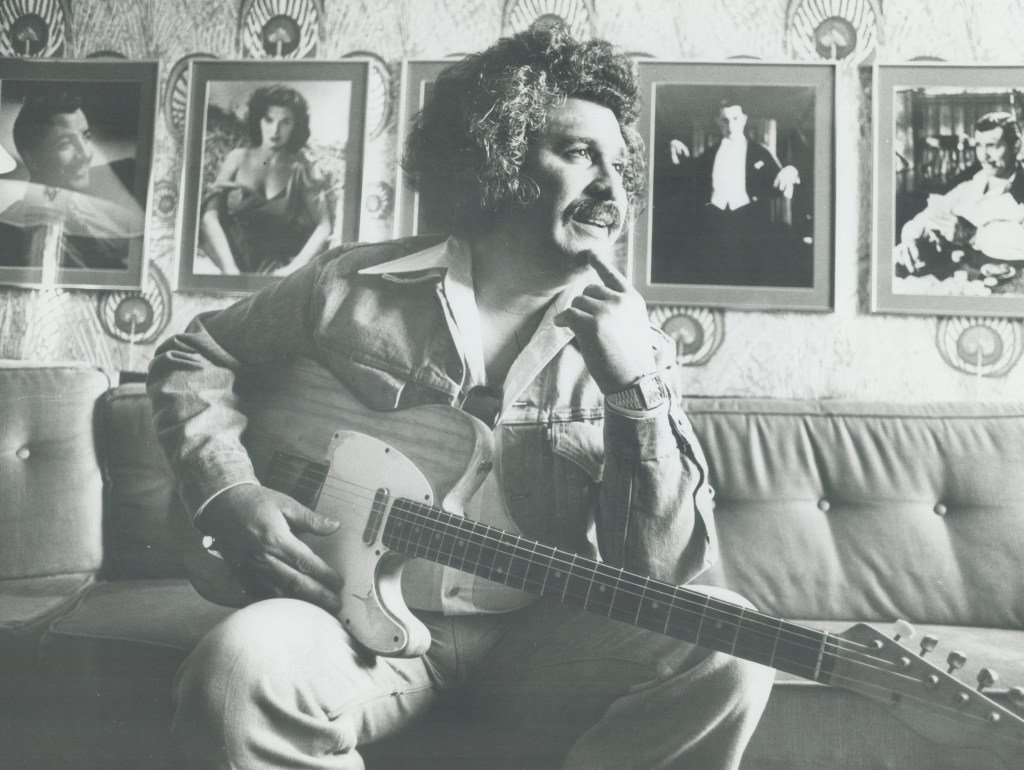
Photo by Graham Bezant/Toronto Star via Getty Images
He would continue to have his personal struggles with drugs and alcohol before returning to music after a hiatus to perform with the supergroups Texas Tornados and Los Super Seven; earning even more nominations and awards, including his first Grammys, and cementing himself as one of the most known and decorated Mexican-Americans in country music. But all of this paled in comparison to his final work, where he would pay homage to his real name: Baldemar Huerta. It took multiple charting hits and twenty seven years but La Música de Baldemar Huerta won a Grammy for best Latin Pop Album in 2002, the first and only time he won as a solo artist.
Freddy Fender was truly the embodiment of the American dream, a migrant worker who came from a small town and worked hard to build a name for himself to provide for his family. Before his death, he did an interview with Associated Press in 2004 discussing what it would mean to be considered for induction into the Country Music Hall of Fame, "Hopefully, I'll be the first Mexican-American going into Hillbilly Heaven..."
In the seventeen years since that statement was made, no Mexican-American or Latino(x) has been inducted into the Country Music Hall of Fame. Fender, despite his many accomplishments and obvious musical footprint in country music, is still the Phantom of the Opry but he remains an inspiration to many Latinos and Mexicans, hidden in the shadows, attempting to make their own way in the country music industry authentically. Hopefully future generations can achieve this without having to change their name or look more "American" than "Mexican" to succeed like many before have done.
Freddy Fender knew who he was. He is part of an elite set of country artists who made their mark on the industry in his own time and continues to do so long after his passing. He, and all of us who come after him, carry the torch for paving a way with music that attempts to meet the times and touches the soul. Freddy lived a life on this earth that was full of adversity and struggle yet he met it with patience and perseverance. Given the specific challenges of his times, those could be harder than anyone can truly measure. Freddy Fender's bilingual music and Latin sounds can be heard to this day. Tim McGraw has highlighted him on more than one occasion by singing his songs with a full mariachi band backing him. Charley Crockett has made a point to mention Freddy's influence on his life to pursue country music. For all those who know him and have been inspired by him, we pay homage to his past and celebrate his legacy with the hopes that the rest of the world will remember once again the legacy of Freddy Fender, El Bebop Kid.
